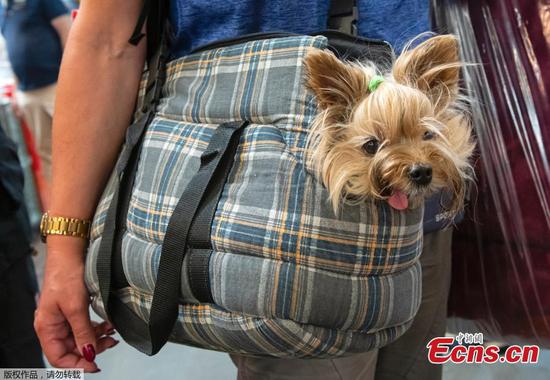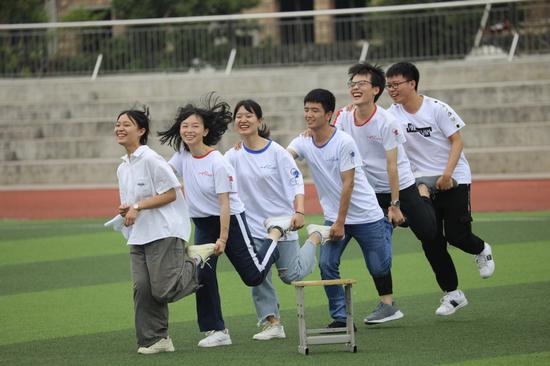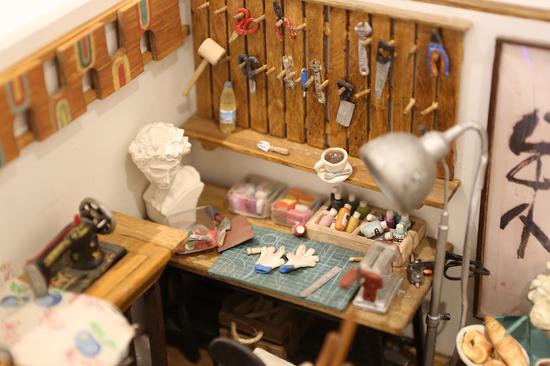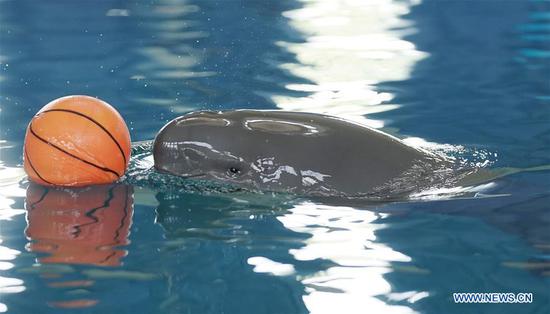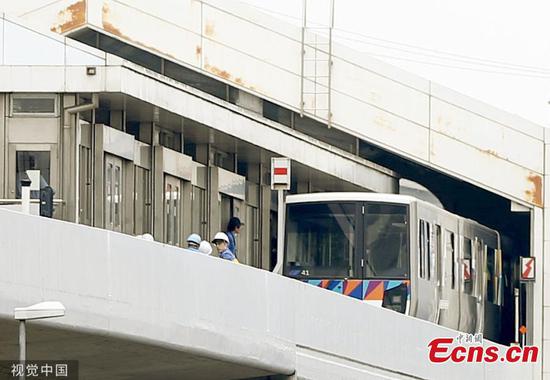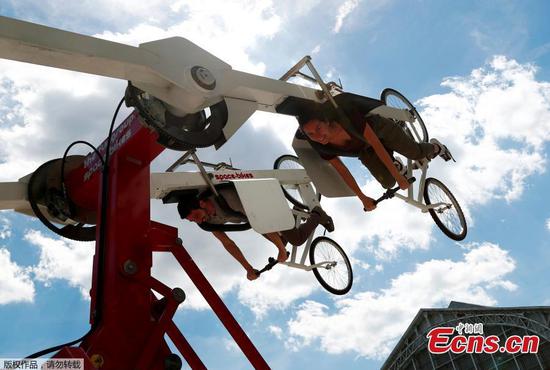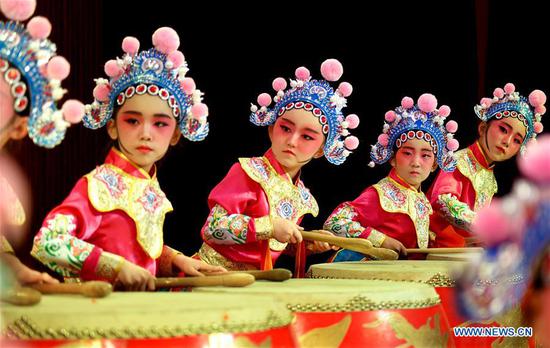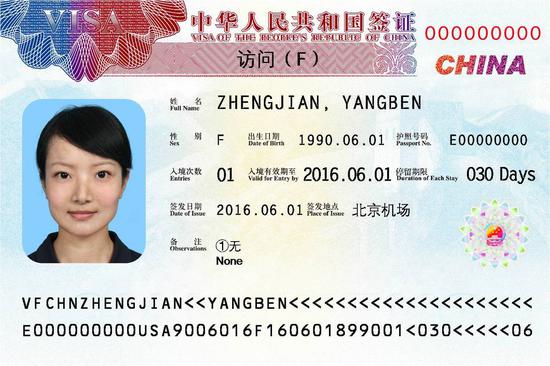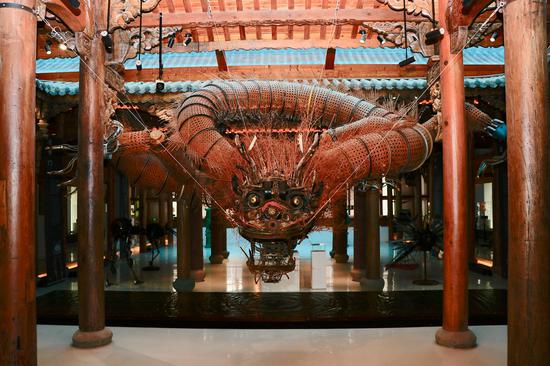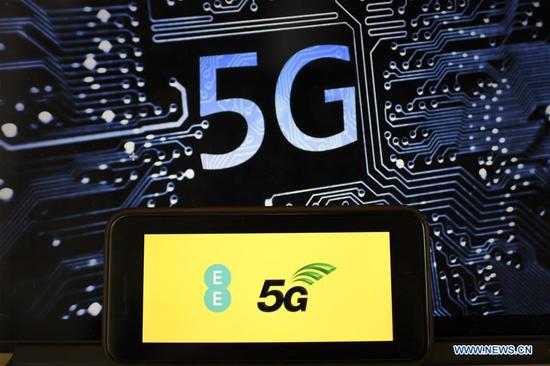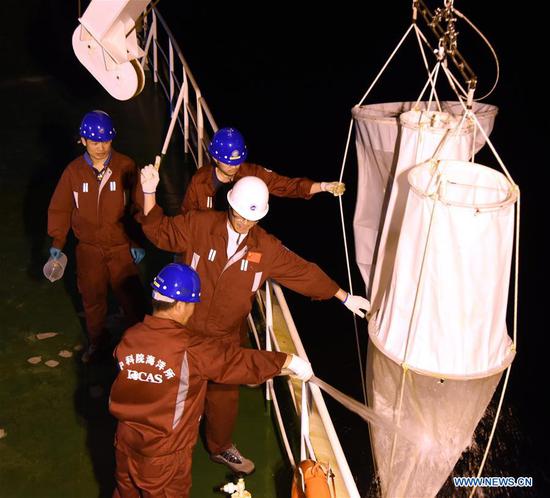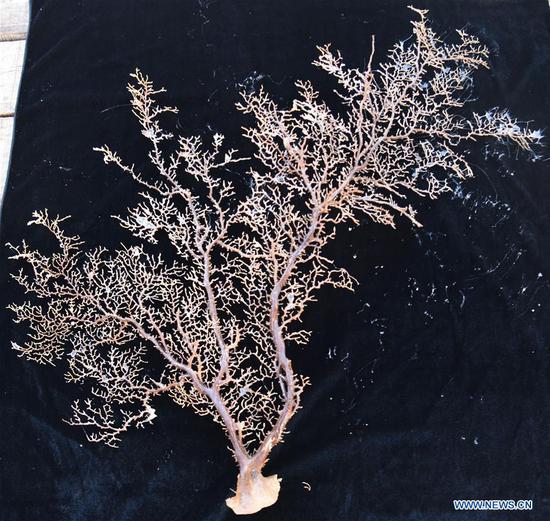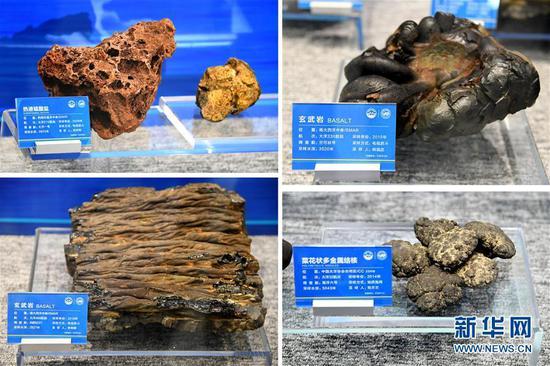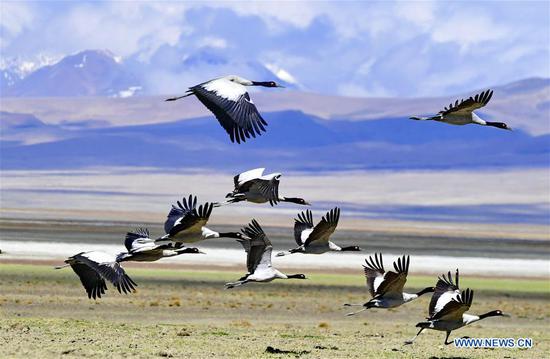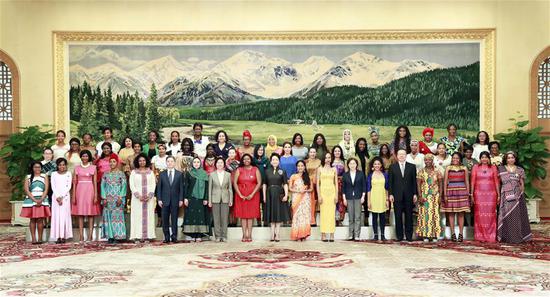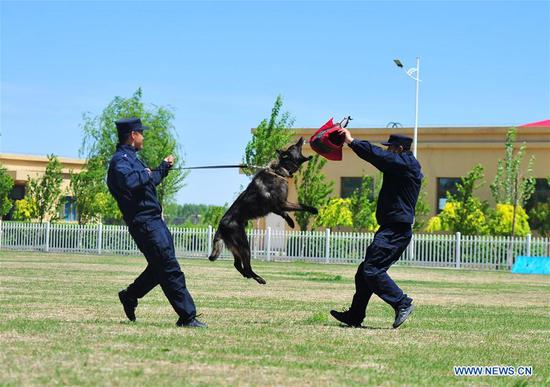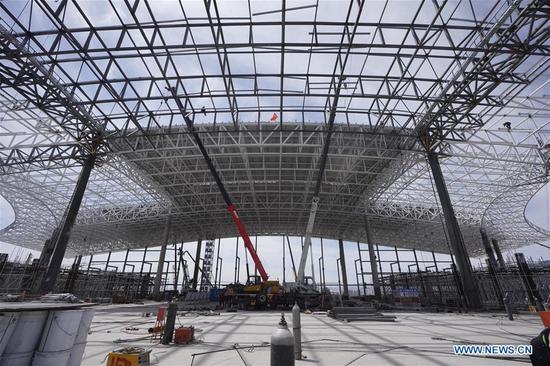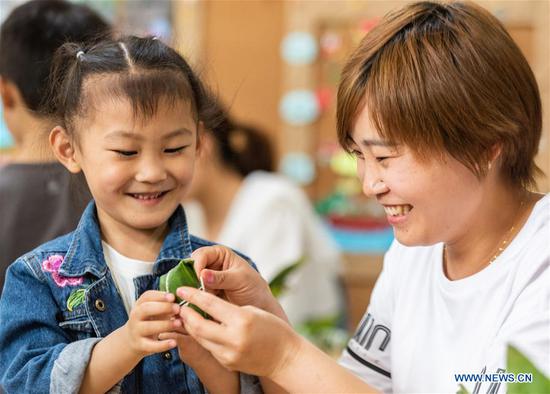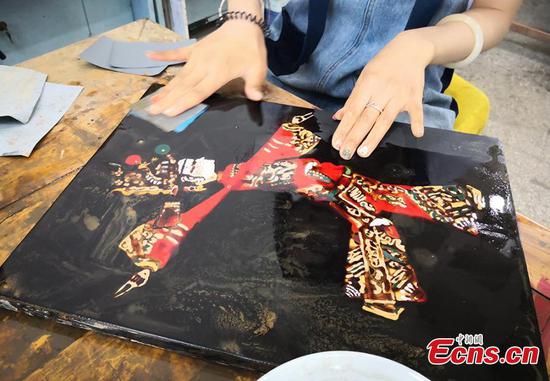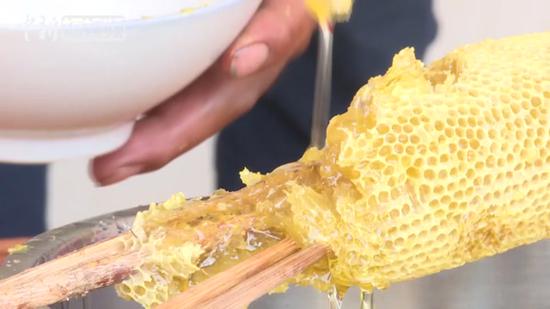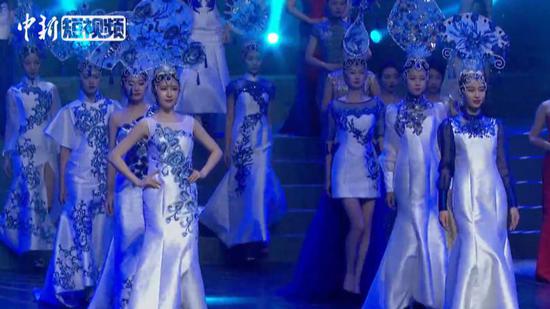The IEEE, a global technical organization under fire for banning employees of Chinese communications company Huawei from participating in its academic activities, such as editorial and peer reviews, lifted the restriction on Monday.
The change came after the organization received a clarification from the United States government in the wake of widespread protests from Chinese academics about the politicization of science.
The Institute of Electrical and Electronics Engineers, a New York-based technical organization for the advancement of technology, said in an online statement that it had received a "requested clarification" from the U.S. Department of Commerce. Based on the new information, all IEEE members, regardless of employer, may continue to participate in all activities of the organization, it said.
On May 16, the U.S. Department of Commerce put Huawei on its Entity List, which prohibits U.S. makers of technological products from selling their wares to Huawei.
On Wednesday, the IEEE announced a ban on employees of Huawei and its 68 affiliates from publication peer review and some editorial processes. It said on Monday that the ban was "motivated solely by the desire to protect volunteers and members from legal risk" and that the risk has been addressed by the clarification from the U.S. government.
The ban had sparked an outcry among academics.
Ten Chinese academic institutions, including the China Institute of Communications, Chinese Institute of Electronics and Chinese Association for Artificial Intelligence, expressed their opposition in a joint statement on Sunday night, calling the ban "unbelievable" and saying they were "deeply shocked".
"The participation of scientists in journal reviews is the basic right to perform their peer review responsibilities and should not be subject to discrimination by nationality, ethnicity or institutions," the joint statement said.
"The restriction on normal academic exchanges violates the spirit of academic independence and the values of the scientific community, and it brutally damages the order of academic exchange and technological development," it said, adding that scientists should be highly-alert to the politicization of science.
The 10 associations, as well as many Chinese scientists and experts in the industry, have reiterated that science should have no national boundaries.
The associations said that the IEEE, as a nonpolitical and nonprofit organization with an international influence, should not be connecting members to political agendas. Rather members should be independent, they said.
The ban deviated from the core scientific value of "trust" and was a serious act of discrimination against scientists and institutions. It was a step backward in the development of academic exchanges, they said.
"As academic organizations with good long-term cooperation with the IEEE, we firmly oppose the politicization of academic exchanges, any attempt to challenge free and equal academic standards and any act that undermines the fair and just academic environment," they said.
In the statement, they also called on scientists, scientific organizations and academic communities around the world to pay attention to the major crisis, jointly defend international standards of academic exchanges and ensure that scientific research is not politicized.
After learning of the ban, Zhang Haixia, a professor at Peking University and a 20-year member of the IEEE, submitted an open letter on Friday resigning from the organization and stepping down from the editorial board.
On Monday morning, Zhang said she received a letter from the president of the IEEE, Jose M.F. Moura, notifying her that the ban had been lifted. "This is the best news I've heard after sending my open letter," she said.
She said in a follow-up open letter replying to Moura that she will rejoin the IEEE editorial board. "It is a good thing for the IEEE to lift the restrictions. It is thanks to the firm statements made by many Chinese associations that the IEEE made such a quick response," she said.
"Academics should be independent and separated from politics. This is the bottom line of academic research and cannot be violated," she said.
Zou Shuo contributed to this story.













